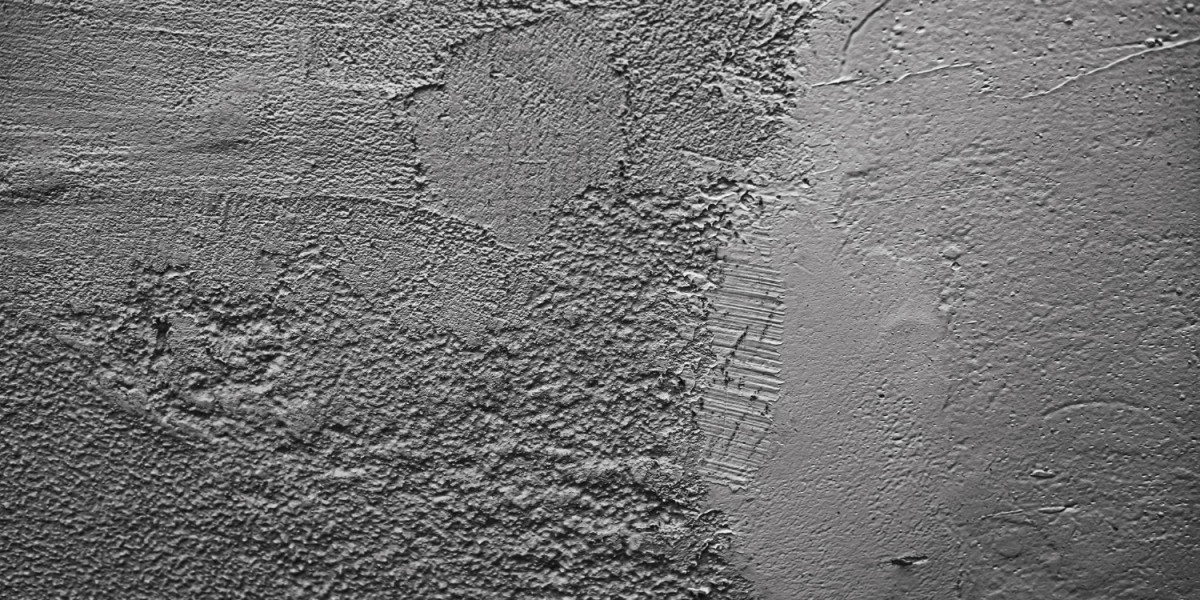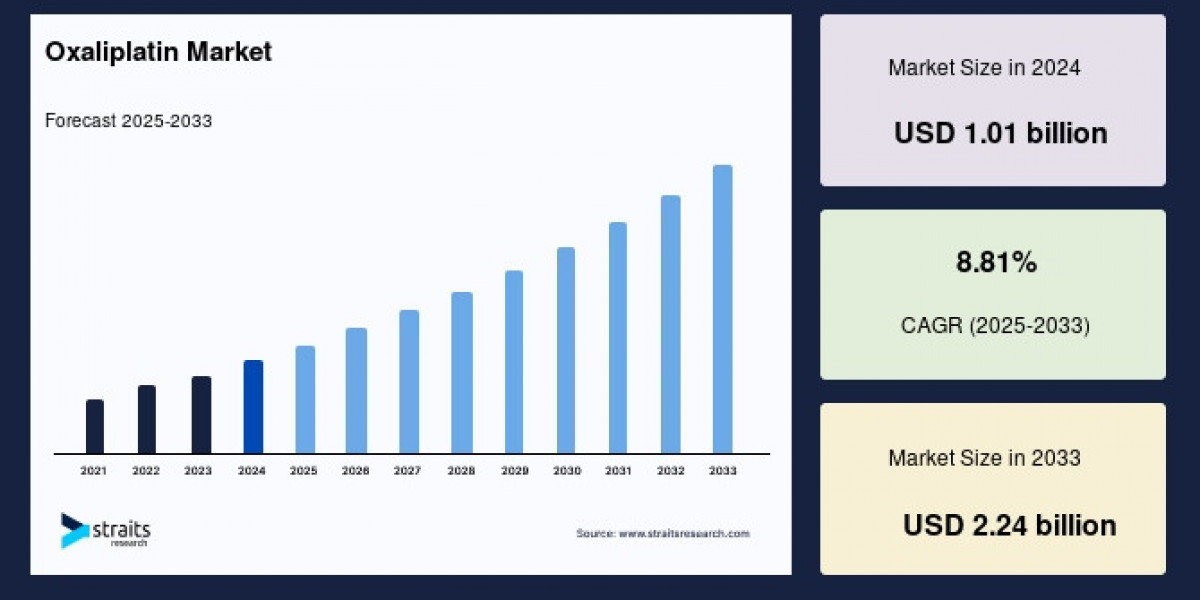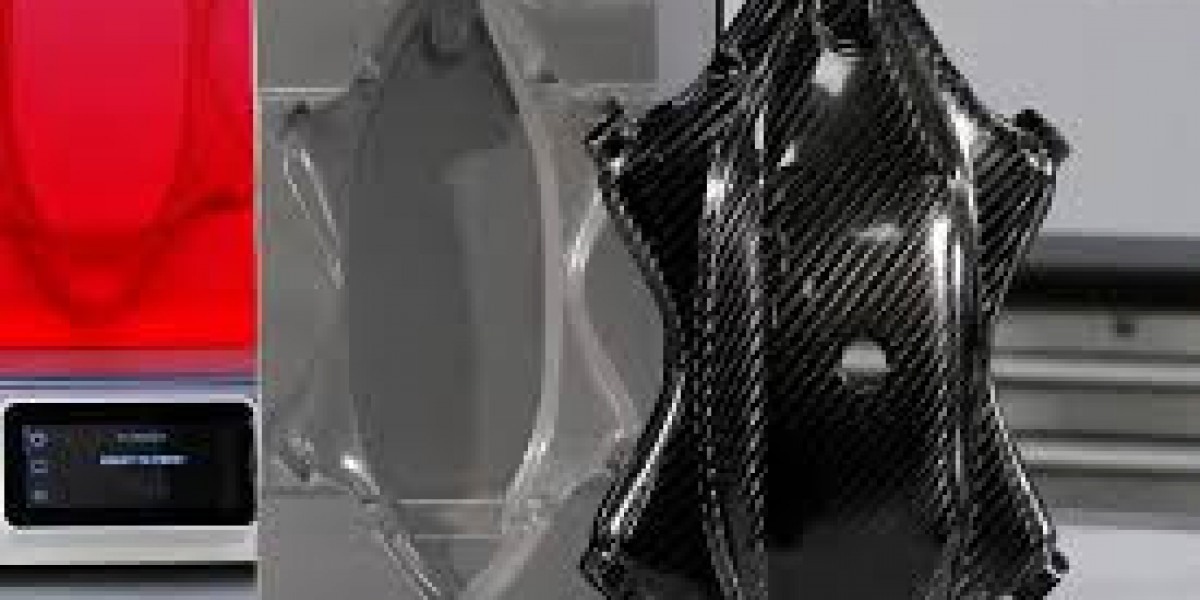Introduction
In the demanding environments of tunneling and underground mining, shotcrete has become a cornerstone of modern support systems. But when it comes to applying this high-performance material, the contractor you choose can make all the difference between a structurally sound project and a costly disaster.
Moreover, understanding the shotcrete price per m² is essential for planning and budgeting. Whether you’re a mine manager, civil engineer, or procurement officer, getting a handle on both contractor quality and shotcrete pricing can help you maximize safety and ROI.
In this blog, we’ll explore the critical role of shotcrete contractors, what to look for when hiring one, and how to interpret the costs associated with shotcrete applications. We’ll also highlight the specialized expertise offered by Altecrete—a leading shotcrete contractor in South Africa—backed by detailed costing in their MineCrete pricing guide (PDF).
What Do Shotcrete Contractors Actually Do?
A shotcrete contractor is responsible for preparing, mixing, and spraying concrete or mortar onto surfaces—usually underground tunnels, mine walls, slopes, or retaining structures. This process, though it may appear straightforward, involves:
Site preparation and surface cleaning
Shotcrete mix preparation (either dry-mix or wet-mix)
Application using specialized equipment
Curing and quality control
Structural testing and inspection
The effectiveness of shotcrete lies not only in the material but in the precision and timing of its application. That’s why you need experienced contractors who understand underground conditions, curing behavior, and machinery operation.
Why the Right Shotcrete Contractor Matters
Shotcrete application is more than just spraying concrete—it’s an engineering-intensive task that demands skill, knowledge, and consistency. Here’s why your choice of contractor is vital:
1. Safety Compliance
Poorly applied shotcrete can crack, delaminate, or fail under stress. Skilled contractors follow engineering standards and Mine Health and Safety Act (MHSA) regulations, ensuring safe operations.
2. Project Efficiency
A contractor who understands underground logistics will minimize downtime, prevent rework, and meet deadlines without sacrificing quality.
3. Material Optimization
Experienced contractors know how to reduce rebound, optimize layer thickness, and use additives or fibres efficiently—saving both time and money.
Altecrete: A Trusted Shotcrete Contractor in South Africa
When it comes to shotcrete in South Africa’s mining sector, Altecrete is a name synonymous with excellence. With decades of experience, Altecrete combines cutting-edge technology, in-house equipment, and tailored concrete mixes to provide end-to-end support solutions.
What Sets Altecrete Apart?
Specialized machinery like the MinCreter shotcrete sprayer
On-site mix design adjustments for different geological conditions
Field support from technical experts and mining engineers
Early strength gain formulations designed for rapid excavation cycles
From platinum to gold mines, Altecrete’s solutions are applied across a wide range of underground projects with proven results.
Understanding Shotcrete Pricing: Price per m² Explained
One of the most common questions project owners ask is:
“How much does shotcrete cost per square metre?”
The answer depends on a variety of factors, but let’s break it down.
Key Factors Affecting Shotcrete Price per m²
Type of Shotcrete
Wet-mix is typically more expensive upfront but reduces rebound and dust.
Dry-mix may be more affordable for small-scale or remote applications.
Thickness of Application
Standard applications range from 50mm to 150mm depending on design needs.
More thickness = higher material and labour cost.
Reinforcement Requirements
Steel fibre reinforcement or mesh adds to material cost.
Some applications require dual layers for added stability.
Accessibility and Location
Deeper or more complex mine sites may incur additional transport and setup costs.
Volume and Scope
Larger projects benefit from economies of scale.
Small projects may see a higher cost per m² due to fixed logistics and setup time.
Average Shotcrete Price per m² (Based on Altecrete’s Pricing Guide)
According to the MineCrete shotcrete pricing guide (PDF) published by Altecrete, the average price range is R450–R650 per m², depending on:
Application thickness (50mm–100mm)
Fibre reinforcement inclusion
Project location and delivery requirements
Note: Prices may vary over time and should be verified with Altecrete directly for project-specific quotes.
Comparing Costs: Shotcrete vs Traditional Support Methods
Support Type | Average Cost (per m²) | Speed | Labour Requirement | Longevity |
Shotcrete (50–100mm) | R450–R650 | High | Moderate | High |
Concrete Block Lining | R800+ | Low | High | Medium |
Steel Mesh & Timber Lag | R300–R450 | Medium | High | Low |
As seen above, shotcrete provides the best balance between cost, speed, and long-term durability—especially when reinforced and applied by experienced contractors like Altecrete.
Cost-Saving Tips When Hiring Shotcrete Contractors
1. Bundle Services
Combine shotcrete application with additional support services (like rock bolting or tunnel lining) to lower unit costs and streamline logistics.
2. Use Volume-Based Quotes
Negotiate based on volume (total square meters) instead of a flat rate—especially for large projects.
3. Select the Right Mix Design
Avoid over-specifying strength or additives for non-critical areas. Altecrete’s team can help design cost-effective formulations based on actual site needs.
4. Work with Proven Experts
An inexperienced or under-equipped contractor can cost more in rework, delays, and risk. Pay for competence, not just concrete.
Case Study: Cost-Effective Tunnel Reinforcement
A platinum mine in Limpopo sought to reinforce 6,000m² of new development tunnels. Altecrete proposed a wet-mix shotcrete solution at 75mm thickness using fibre reinforcement.
Cost per m²: R520
Total duration: 3 weeks
Rebound waste: Less than 6%
Unplanned maintenance: 0 incidents over 18 months
This result was 23% more cost-effective than using steel sets and concrete block support, with significant savings on downtime and repairs.
Conclusion
Choosing a qualified shotcrete contractor is one of the most crucial decisions in any underground or tunneling project. It directly affects your project’s safety, budget, and longevity. Paired with a clear understanding of shotcrete price per m², decision-makers can plan with confidence.
Whether you’re working on deep-level mining, tunnel infrastructure, or slope stabilization, Altecrete offers both the expertise and transparent pricing you need. Their team, technology, and track record make them the preferred shotcrete partner in Southern Africa.
Frequently Asked Questions (FAQ)
1. What is included in the shotcrete price per m²?
Typically, it includes material (cement, aggregates, water, additives), equipment usage, labour, and clean-up. Reinforcement (like steel fibres) may add to the cost.
2. How thick should shotcrete be in tunnels?
Shotcrete thickness depends on ground conditions, typically ranging between 50mm and 150mm. Geotechnical engineers will specify the thickness based on rock strength and tunnel use.
3. Is fibre-reinforced shotcrete worth the extra cost?
Yes, especially in high-stress or seismic zones. Fibres improve flexural strength and crack resistance, enhancing the durability and safety of tunnel linings.
4. Can shotcrete be used in wet or water-logged areas?
Absolutely. Wet-mix shotcrete is ideal for damp environments and adheres well to wet surfaces. It’s often used in areas prone to seepage or groundwater.
5. Does Altecrete offer site-specific pricing?
Yes. Altecrete provides customized quotes based on volume, location, mix requirements, and project complexity. Their PDF guide is a starting point, but contacting them directly ensures accuracy.
6. How do I hire Altecrete for a mining project?
You can reach out via their official website at https://altecrete.com/ or use the contact form to request a quote or site assessment.








